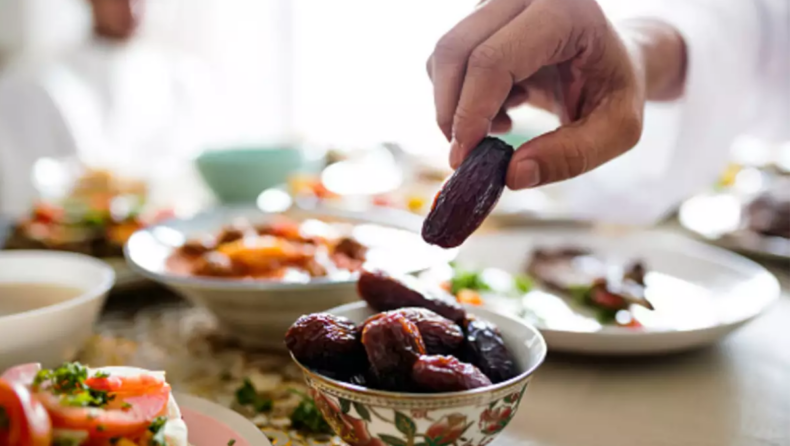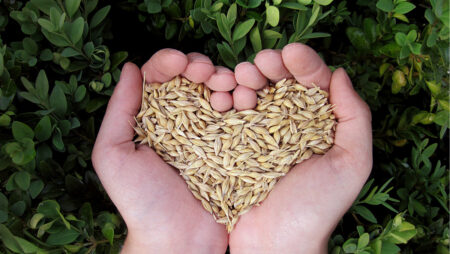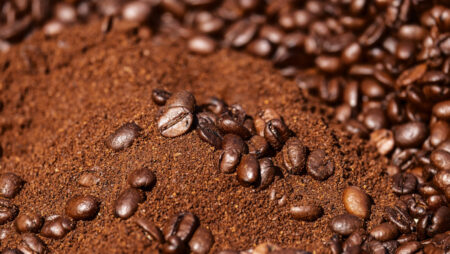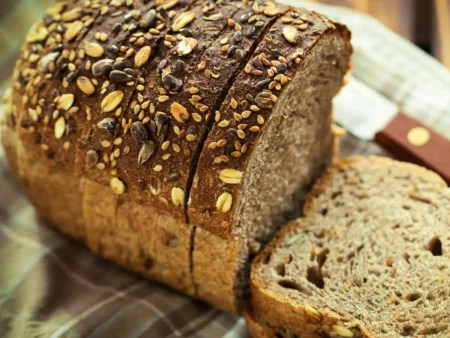Ramadan is a month-long season of fasting that culminates in the celebration of Eid al-Fitr.
During the roughly 30-day period, members of the Muslim community practise constraint in their eating habits, eating just twice a day — a pre-fast meal called ‘sehri’ before dawn and a post-fast meal called ‘iftar’ after sunset.
While the meals are often similar in appearance due to the inclusion of a few staples — such as dates — iftar cuisine has regional differences and preferences.
In India, individuals want their meals to appear and taste a specific manner after lengthy hours of fasting, depending on their geographical area. If you’re wondering what they are, here’s all you need to know.

Traditionally, individuals break their fast with water and dates, which provide an energy boost. In certain homes, juice/sherbet and milk are also drunk. It’s worth noting that iftar meals are completely customizable and include both non-vegetarian and vegetarian alternatives.

Iftar is a substantial meal that follows a fast, followed by a lighter supper before to night prayers. Chicken and mutton meals are popular, which are accompanied by refreshing beverages and delectable dessert alternatives.
in southern India, particularly in Hyderabad, people break their fast with haleem, which has a rather robust flavour.
Muslims in Tamil Nadu and Kerala break their ‘roza’ with a meal called ‘nombu kanji,’ which is made with meat, veggies, and oats and stewed for hours to get the ideal flavour.
Street food is quite popular in the northern areas of the nation, and chaat is cooked at home and consumed by family and friends.
Fruit chaat is another popular dish served with fried food items like pakoras and samosas in the northern regions.
If one is on the lookout for food during iftar in the eastern portion of the nation, they may follow the scent of fish, which has been added to the iftar menu here. Prepared in the Mughlai manner and using the same spices, one may break their fast with a variety of fish dishes.
Published by : Aditya Andharia
Edited By : Kritika Kashyap













